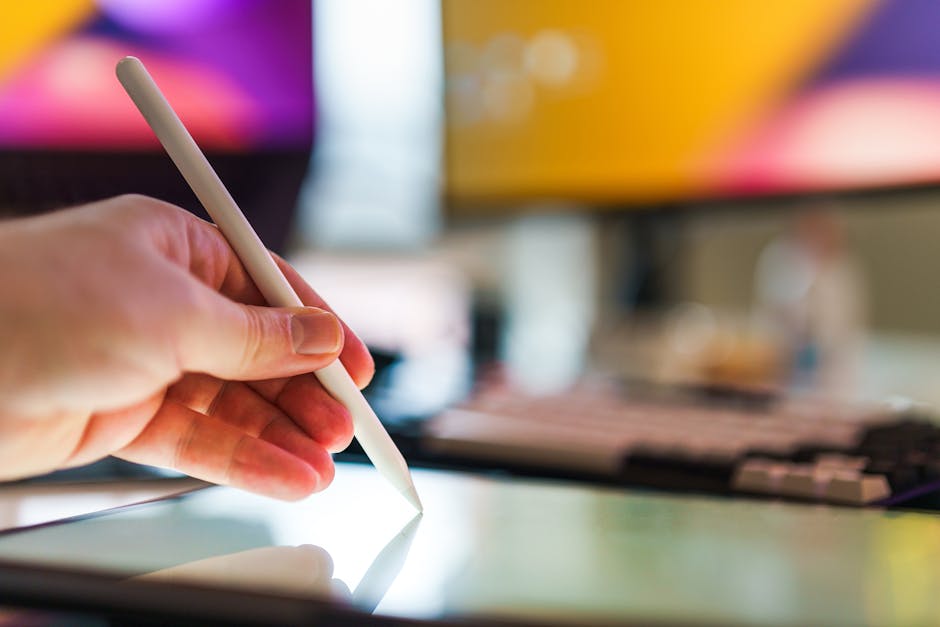Backing Up Your Data: Methods for Peace of Mind
In today’s digital age, our data is more than just bits and bytes—it’s memories, essential documents, and sometimes even our livelihoods. Imagine losing all your precious files in an instant! 😱 It’s a nightmare no one wants to experience. Fortunately, backing up your data can provide peace of mind and ensure you’re never caught off guard. Let’s dive into the best methods to keep your data safe and sound.
Table of Contents
1. Why Backing Up Your Data is Crucial
2. The Best Methods for Data Backup
3. Cloud Storage: The Modern Solution
4. External Hard Drives: A Reliable Classic
5. Network Attached Storage (NAS): For the Tech-Savvy
6. Tips for Effective Data Backup
7. Conclusion
8. FAQs
Why Backing Up Your Data is Crucial
First things first, why is data backup so important? Well, think of it as your digital insurance policy. Whether it’s a hardware failure, accidental deletion, or a cyber-attack, data loss can happen in the blink of an eye. Backing up your data ensures that you always have a copy to fall back on, saving you from potential heartache and frustration.
The Best Methods for Data Backup
There are various approaches to backing up your data, each with its own perks. Let’s explore the most popular methods to help you find the right fit for your needs.
Cloud Storage: The Modern Solution 🌥️
Cloud storage is a popular choice for many due to its convenience and accessibility. Services like Google Drive, Dropbox, and OneDrive allow you to store your files online, accessible from anywhere in the world. Plus, they often provide automatic backup features that make data protection a breeze. Just remember to secure your cloud account with strong passwords and two-factor authentication.
External Hard Drives: A Reliable Classic 💾
Sometimes, the old ways are the best ways. External hard drives offer a physical backup solution that doesn’t rely on internet connectivity. They’re easy to use—just plug and play!—and are perfect for storing large amounts of data. However, remember to keep them in a safe place to protect against physical damage or theft.
Network Attached Storage (NAS): For the Tech-Savvy 🖥️
For those who want to take data backup to the next level, Network Attached Storage (NAS) is an excellent option. NAS devices connect to your home or office network, allowing multiple users to store and access data simultaneously. It’s like having your personal cloud at home! While setup can be a bit technical, the benefits of centralized storage and data redundancy are worth it.
Tips for Effective Data Backup
Regardless of the method you choose, here are some universal tips to enhance your data backup strategy:
• Regularly schedule backups to ensure that your data is always up-to-date. 📅
• Use a combination of backup methods for extra security (e.g., cloud and external drive). 🔒
• Test your backups periodically to ensure they can be restored without issues. ✔️
Conclusion
Backing up your data doesn’t have to be a daunting task. With the right approach and tools, you can safeguard your digital life effortlessly. Whether you prefer the convenience of the cloud, the reliability of external drives, or the sophistication of NAS, there’s a solution out there for everyone. Take the time to implement a backup strategy today and enjoy the peace of mind that comes with knowing your data is protected.
FAQs
Q1: How often should I back up my data?
A: Aim to back up your data at least once a week. However, if you frequently update or create new files, consider daily backups.
Q2: Is cloud storage safe for sensitive data?
A: Yes, but make sure to use services that offer encryption and always enable two-factor authentication for added security.
Q3: What’s the difference between full and incremental backups?
A: A full backup copies all your data, while an incremental backup only saves changes made since the last backup. Combining both can save time and storage space.
Q4: Can I back up my data using my smartphone?
A: Absolutely! Many cloud services offer mobile apps that allow you to back up photos, contacts, and more directly from your phone.





